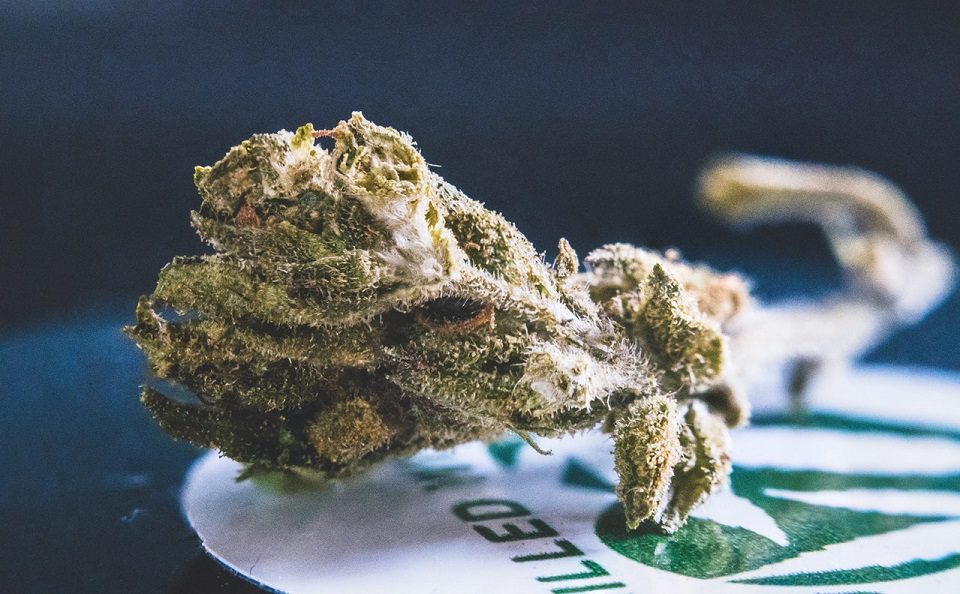There are over 100 cannabinoids, and the HHCP is one of the multitudes. However, the HHCP is special because it is a distant relative of THC, the most popular natural existing cannabinoid. Still, it is a new kid on the block in comparison because even though HHCP was discovered in the 1940s, it has only been recently brought back to the public eyes.
HHCP occurs naturally in cannabis, even though it exists in minor quantities. However, since the cannabinoid only exists in small quantities, extraction is tasking, and HHCP commercial production is expensive. Hence, many HHCP products use synthetic ingredients for their production.
What Is HHCP
Hexahydrocannabinol, also known as HHCP, is naturally found in hemp plants but only in minute amounts. Thus, scientists mostly obtain the extraction of the cannabinoid by the hydrogenation of THC. However, the slight alteration to the THC enhances the binding affinity of HHCP to both cannabinoid receptors.
It also strengthens its molecular structure, making it less susceptible to oxidation and degradation than THC. Still, Hexahydrocannabinol falls into a murky territory between naturally existing in hemp plants and altering the THC to produce it. So, suppose you’d love to learn more about HHCP, dive right in!
How Is HHCP Distillate Made
Manufacturing HHCP began by using modern chemistry to synthesize CBD. However, the production of its oils is by hydrogenation, which is similar to the method used to make margarine from vegetable oils. So the first step is to extract CBD from raw hemp for this process.
However, since the amount in it is very small, hydrogen is added to the molecular structure of THC with high pressure and catalyst such as platinum or palladium. As a result, hydrogen replaces all the double bonds in the compound, making the structure less vulnerable to oxidation.
The alteration ensures that the HHCP is stable and, thus, cannot degrade and lose its potency. Following the saturation of THC, you have the HHCP, which is a viscous oil with a golden color. Note that using metallic catalysts and hydrogen, which is an explosive gas, makes the process highly risky.
Thus, reliable experts who pay much attention to safety must carry out these processes. Finally, the last step of getting the actual HHCP Distillate is distillation. This process helps filter out and remove the unwanted to make your distillate as pure as possible.
Effect Of HHCP Distillate
The HHCP has similar effects to the THC when it reacts with the cannabinoid reactors in our body. Perhaps one might blame this on the similarities in their molecular structure. For instance, some of the psychoactive effects are close to the effect of THC. In addition, the HHCP affects visual and auditory disturbance and thus might cause hallucination, cognition, heart rate changes, and body temperature.
However, compared to the THC, the effect of HHCP Distillate is often described to give a deeper relaxation rather than excitement. This is tricky because although the HHCP isn’t THC, it produces these similar effects if you take a larger dose. When the HHCP distillate is produced in the lab, it is usually a mix of active and inactive HHCP molecules.
The active molecules bind to your cannabinoid receptors while the latter doesn’t. Therefore, it is difficult to ascertain the actual potency of the HHCP distillate because of the ratio of active vs. inactive molecules in an HHCP compound. The ratio will vary from batch to batch until researchers find a method to separate them before production.
Still, there is a lot of unknown about the effect of HHCP. Thus, even though scientists are studying the effects, the hemp-derived product still has a long way to go to achieve perfection. Nevertheless, the hemp-derived products seem to have the same therapeutic feature as all previous THC. In addition, the research done on rats shows the HHCP to be an effective analgesic.
What makes HHCP Special
Several features make the HHCP special, but let’s begin with its legal state. First, the HHCP distillate is legal because it is not a type of cannabinoid. Some believe that HHCP isn’t truly THC considering scientists manipulate its double bond. Instead, they claim it is derived from chemical processes applied to a cannabinoid already legal under federal law.
Regardless, most HHCP distillate manufacturers claim that it’s legal in most states in the US. The HHCP has also shown the potential to offer a higher level of efficacy for pain in a groundbreaking study than its naturally occurring counterparts. Its effect competed against that of morphine with very promising results.
In another study, HHCP was found to kill cancer cells more efficiently than other cannabinoids. Still, aside from these studies, the HHCP distillate is beneficial in so many other ways. Further HHCP research reports successful treatment of depression, PTSD, and anxiety with this cannabinoid.
Fortunately, the cannabinoid isn’t psychoactive. Hence you don’t have to worry about getting high or any other psychoactive effect you might experience. Yet, aside from its pain relief potential, HHCP could also have the following benefits, inflammation reduction, relaxation, reduced vomiting and nausea, reduced anxiety, better sleep, and more!
Side Effects Of HHCP
Like several other cannabinoids, the interest in the HHCP does not match the research. Therefore, there are several unknown side effects due to the limited research by scientists. Thus, while several users are utilizing the HHCP distillate, several new possible dangers are emerging from using the cannabinoid frequently.
So far, the limited research on HHCP indicates that the cannabinoid is slightly safer to use compared to the THC. Still, there have been reports on side effects of the cannabinoid similar to that of high doses of THC. Some of the dangers of overusing the HHCP reported are:
- Dizziness can lead to falls and injuries for seniors.
- It can lead to raising mental illness risk in some people.
- Lowering a baby’s birth weight if a lady uses it during pregnancy.
- There’s a risk of rapid heart rate.
- It can lead to cannabis dependence in teenagers.
- It might cause dry mouth and increased appetite.
Conclusion
HHCP is relatively new and offers a new experience to cannabis lovers. It has a much longer shelf life than THC and is resistant to heat and UV exposure. Additionally, even though the research on HHCP is limited, the cannabinoid appears to be less dangerous than the THC. Plus, there are reports that HHCP may not show up in a THC drug test, although this is not verified. For more information on HHCP visit https://www.stateofmindlabs.com/store/HHCP-Distillate-p462639684.







